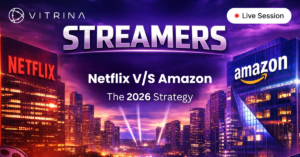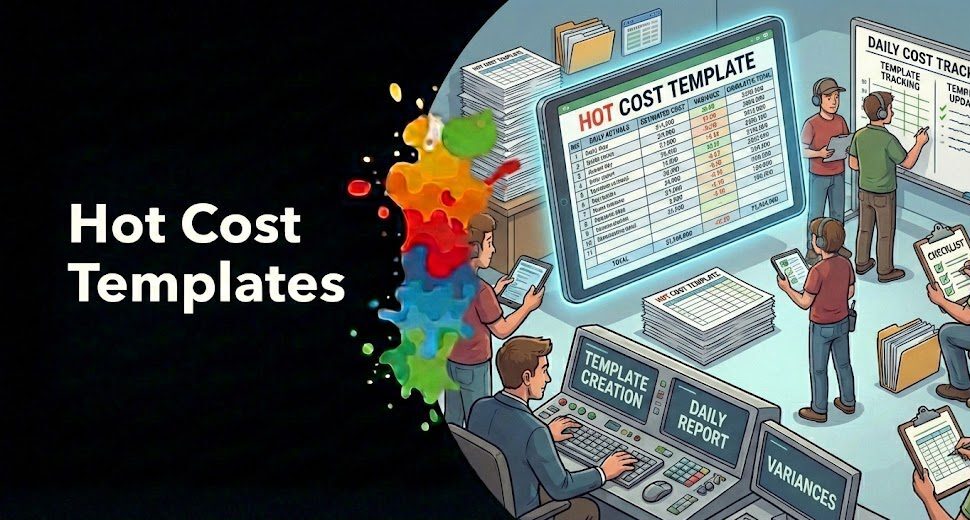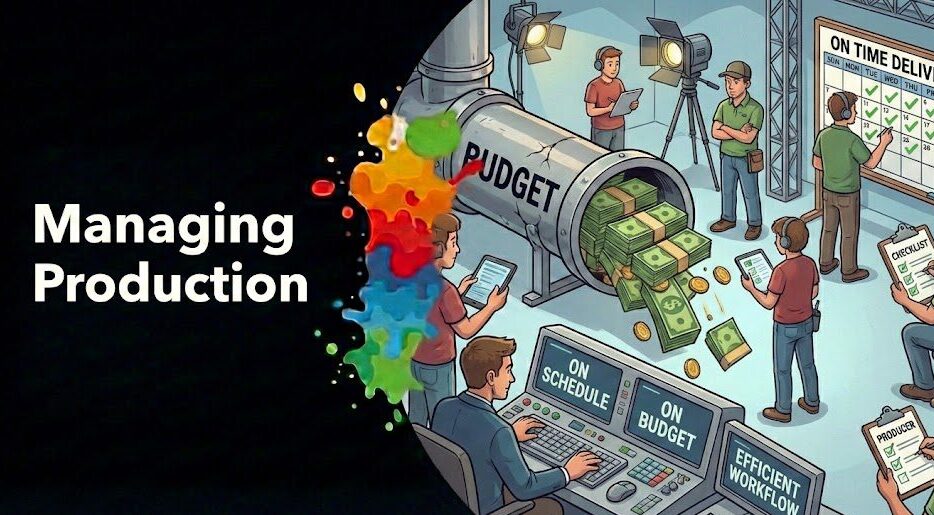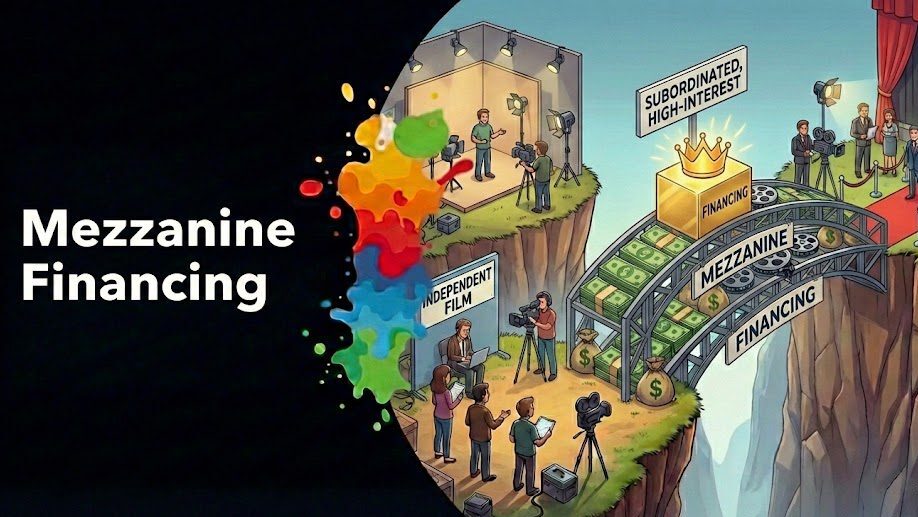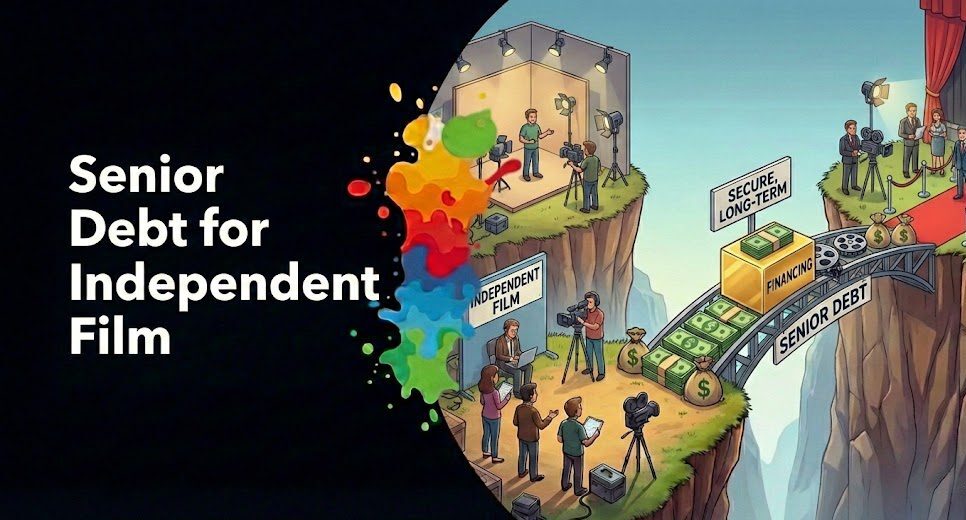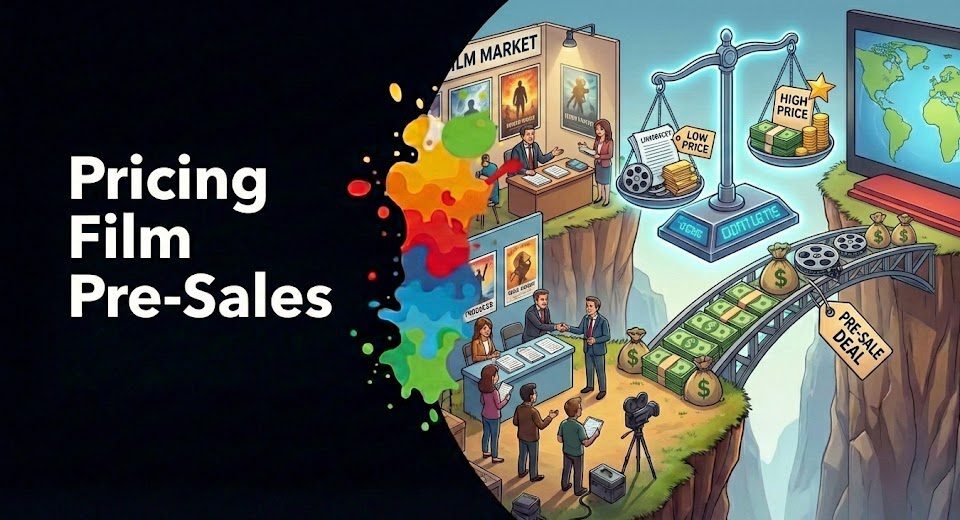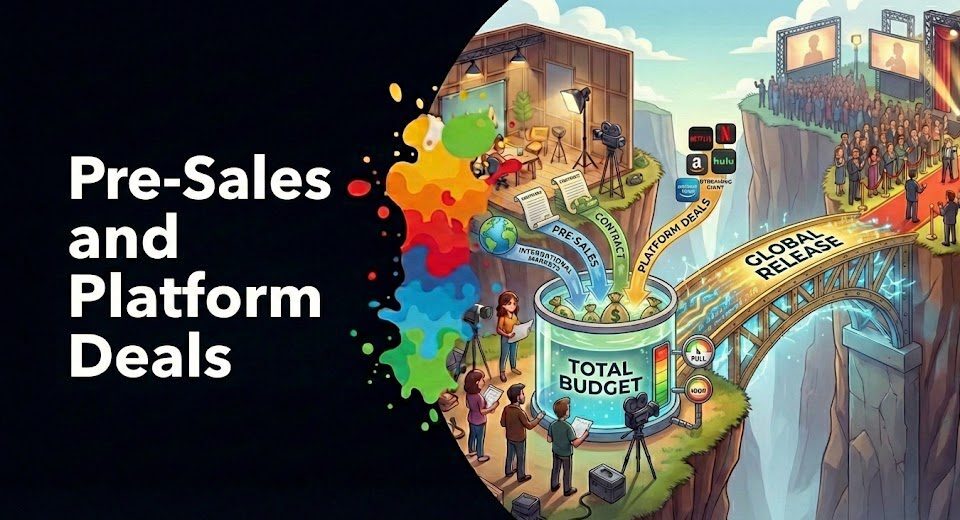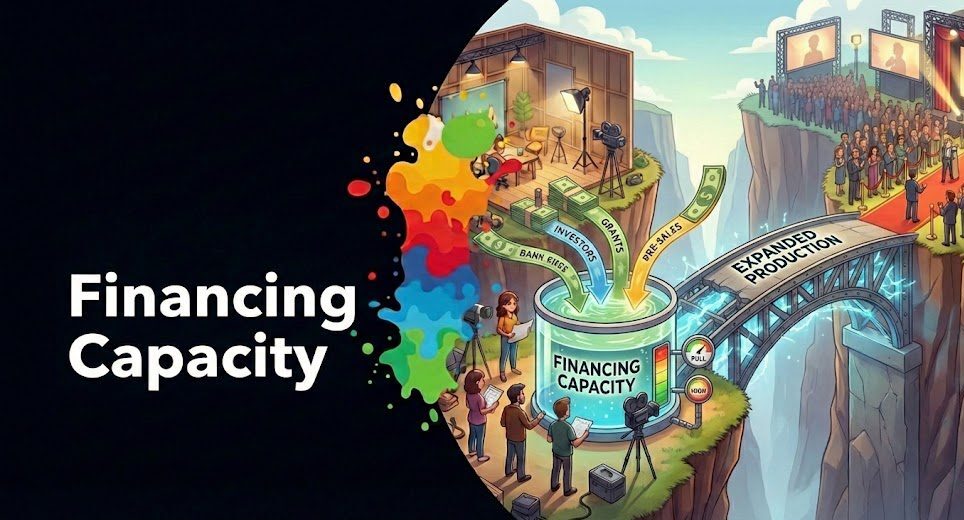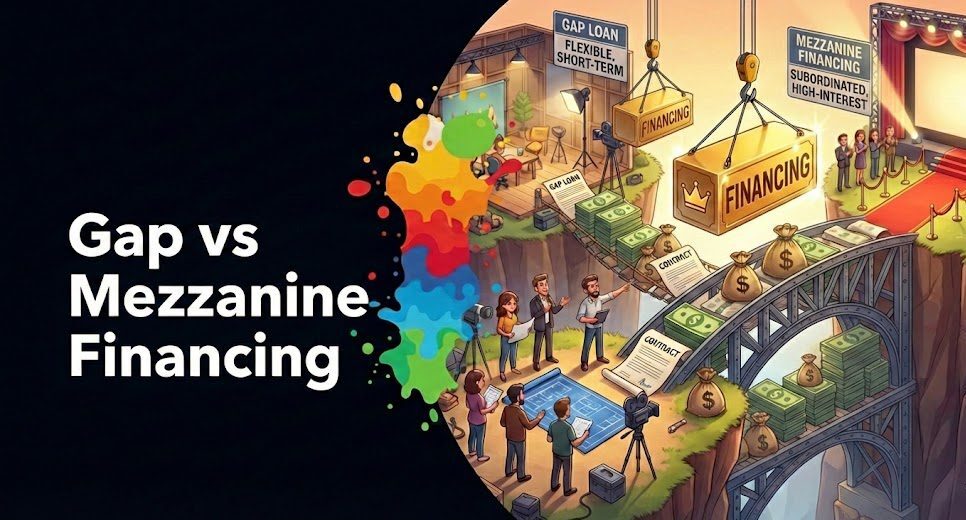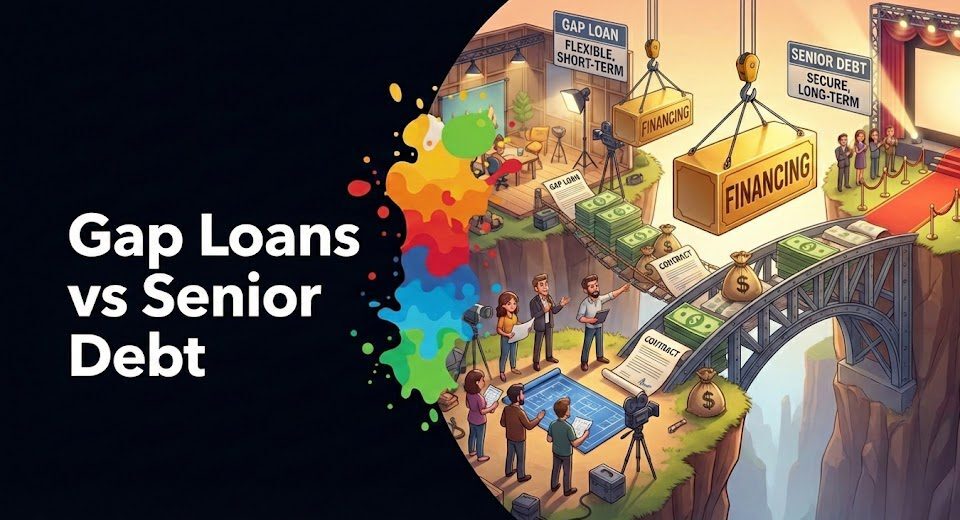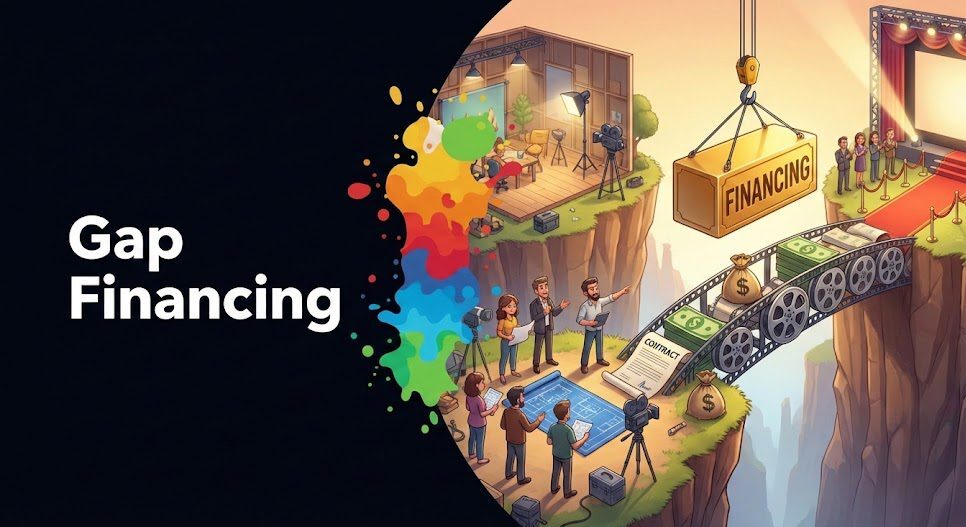Introduction
In today’s digital world, content discovery is a critical element for media and entertainment companies. As audiences become more discerning and content libraries grow exponentially, finding the right content at the right time becomes a challenge. Content discovery bridges this gap by helping users effortlessly find relevant, personalized content. This guide explores the key strategies, technologies, and industry applications shaping the future of content discovery.
Key Takeaways
| Topic | Insights |
| Role of Film Cincinnati | Supports local and international film projects |
| Top Benefits | Cost savings, tax incentives, crew support |
| Production Assistance | Location scouting, permits, and local vendor partnerships |
| Community Impact | Job creation, cultural enrichment, tourism boost |
| Funding and Collaboration | Grants, networking events, indie filmmaker support |
Key Strategies and Techniques
Implementing effective content discovery requires a blend of strategic thinking and technological integration.
Best Practices for Content Discovery Optimization
- Data Integration: Collect data from various touchpoints (social media, viewing history).
- User-Centric Design: Prioritize seamless navigation and intuitive interfaces.
- Real-Time Adaptation: Update recommendations based on immediate user interactions.
- Content Categorization: Use metadata and tags for better indexing.
Personalization in Content Discovery
Personalization is a cornerstone of modern discovery strategies. By analyzing user preferences, platforms can:
- Suggest Similar Content: Based on genre, theme, or viewing patterns
- Create Dynamic Playlists: Curated automatically based on recent activity
- Enhance User Profiles: Tailored content feeds for individuals or groups
Content Discovery for Niche Markets
For niche platforms, targeted discovery techniques are essential. For example:
- Genre-Specific Recommendations: Catering to fans of indie films or niche documentaries
Localized Content Feeds: Prioritizing regional or culturally relevant media
Content Discovery Technologies
Technological advancements are central to optimizing content discovery.
AI-Powered Content Discovery Tools
AI-driven algorithms analyze large datasets to identify patterns in user behavior. Key features include:
- Predictive Recommendations: Anticipate what users might enjoy next
- Automated Tagging: Using NLP to categorize new content
- Personalization Engines: Adapting content based on previous interactions
Machine Learning in Content Discovery
Machine learning models continuously improve discovery accuracy by:
- Learning User Preferences: Through explicit (likes) and implicit (watch time) signals
- Dynamic Adjustment: Reacting to changes in content consumption patterns
- Recommendation Filtering: Avoiding content repetition
The Role of Metadata in Content Discovery
Metadata tagging enhances discoverability by:
- Structuring Data: Creating a searchable database
- Contextual Relevance: Linking content by theme or genre
- Improved Search Accuracy: Making recommendations more precise
Industry Applications and Use Cases
Different industries implement content discovery to increase user satisfaction and profitability.
Streaming Services and OTT Platforms
- Personalized Watchlists: Generated from previous views
- Recommendation Carousels: Highlighting trending or newly added shows
- User Retention Mechanisms: Recommending content based on completion rates
Social Media and Digital Platforms
- Algorithmic Feeds: Prioritizing trending or relevant content
- Content Sharing Mechanisms: Encouraging users to discover through peers
- Targeted Ads: Using discovery data to enhance ad relevance
Success Stories: Brands That Mastered Content Discovery
Challenges and Future Outlook
Despite its advantages, content discovery faces challenges related to data privacy, content overload, and algorithm bias.
Content Discovery Challenges and How to Overcome Them
- Privacy Concerns: Balance data collection with transparency
- Content Saturation: Use filters to reduce recommendation clutter
- Bias in Algorithms: Train models on diverse data to prevent skewed suggestions
Emerging Trends in Content Discovery
- Voice-Activated Discovery: Using voice commands for personalized results
- Hyper-Personalization: Predicting preferences with even greater accuracy
- Interactive Recommendations: User-driven content selection through polls or quizzes
Conclusion
Content discovery is no longer a luxury but a necessity for media companies aiming to stay competitive. By leveraging AI, machine learning, and metadata optimization, brands can deliver highly personalized and engaging user experiences. As the landscape evolves, integrating user-centric strategies with cutting-edge technologies will be essential for success.
Frequently Asked Questions
Effective content discovery strategies include leveraging recommendation algorithms, utilizing metadata for content tagging, integrating social discovery features, and employing data-driven personalization to match user preferences.
Technologies such as AI-driven recommendation engines, machine learning for audience segmentation, semantic search, and voice-based content search are revolutionizing content discovery, making it more intuitive and personalized.
Streaming platforms typically focus on algorithm-driven recommendations based on viewing history, while social media emphasizes real-time discovery through trending topics, user-generated content, and social curation.
Data analytics helps platforms understand user behavior, preferences, and engagement patterns, enabling more accurate recommendations and content curation to increase user satisfaction and retention.






